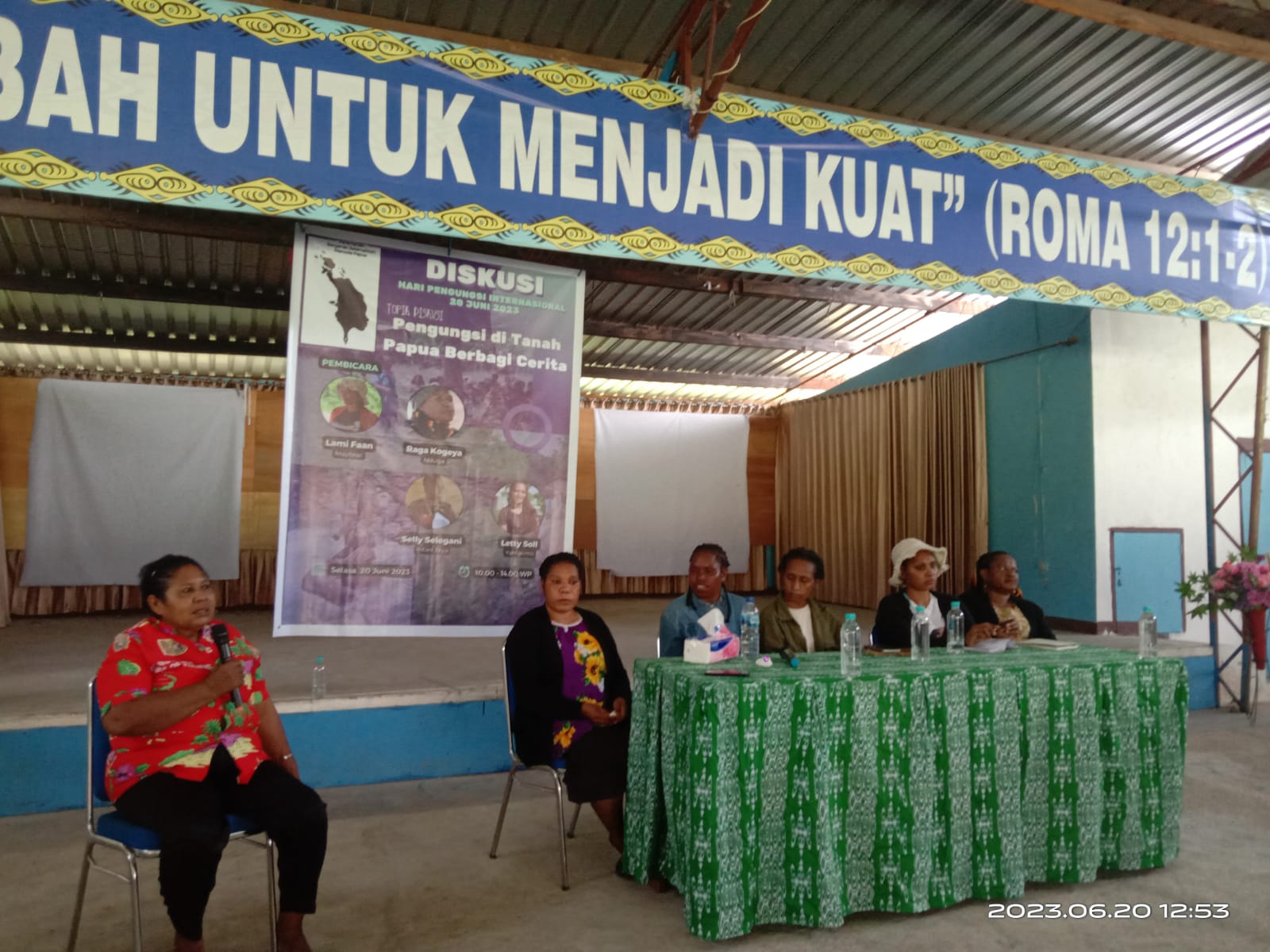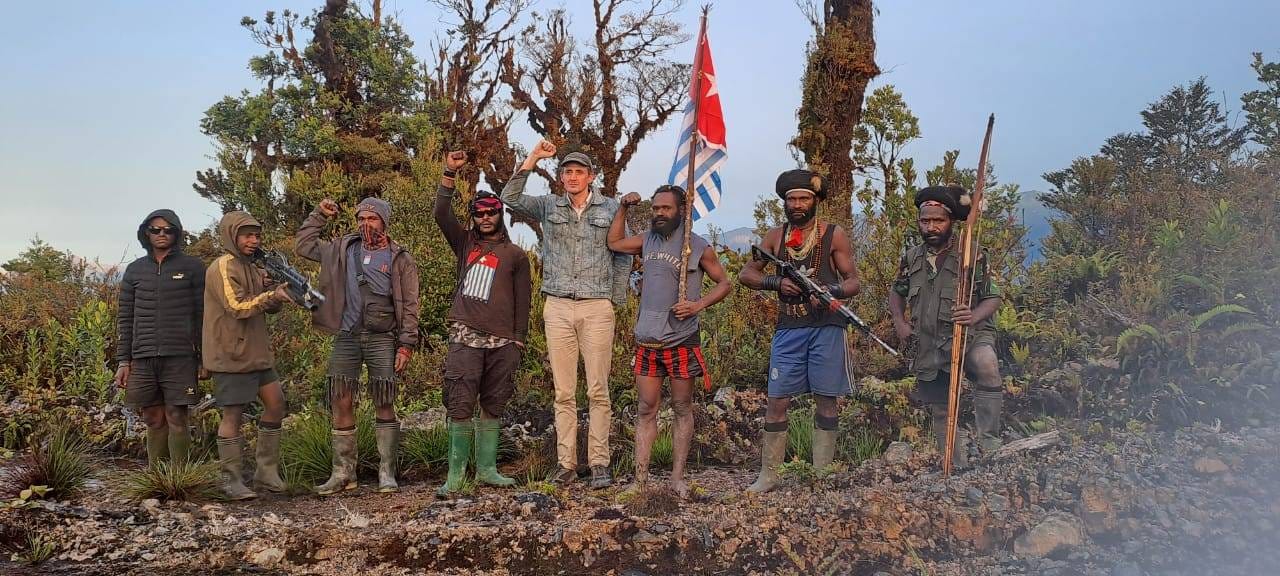
Jayapura, 19/2 (Jubi) – A moratorium imposed by President Susilo Bambang Yudhoyono in 2013 has not been able to save forests in Papua, Greenpeace said.
Charles Tawaru, Greenpeace campaigner for Papua forests said in the last two years many new concessions, particularly industrial plantation forests (HTI) and palm oil plantations, had been issued. Such plantations encroaches natural forest areas.
“It’s real proof that the moratorium is not too effective because the law is weak and local regulations are less robust. Autonomy Law is also weak so there are loopholes. There is not enough protection from the local government and indigenous people,” Charles told tabloidjubi.com at the Greenpeace office in Abepura, Jayapura on Wednesday (2/19).
He explained that forests in Merauke, Digoel, Sarmi, Jayapura, Nabire and Keerom and in West Papua region such as Manokwari, Sorong, South Sorong, Maybrat and Fakfak were attracting investors.
“Indonesia is a country whose forests are considered badly damaged. The conditions of forests on Sumatra and Kalimantan are already alarming. So, forests in Papua have to be saved,” he said.,
The 2013 Forest Moratorium was aimed at reducing deforestation as well as organizing and remanaging forest areas for the benefit of sustainability of the ecosystem.
Wirya Supriya, program manager for Natural Resources and Ekosib, the People’s Network Papua said in the future, Papua’s forests will be increasingly threatened with the opening of more areas.
“It will have a serious impact on indigenous people of Papua and the environment,” said Wirya. (Jubi / Aprila/ Tina)
















